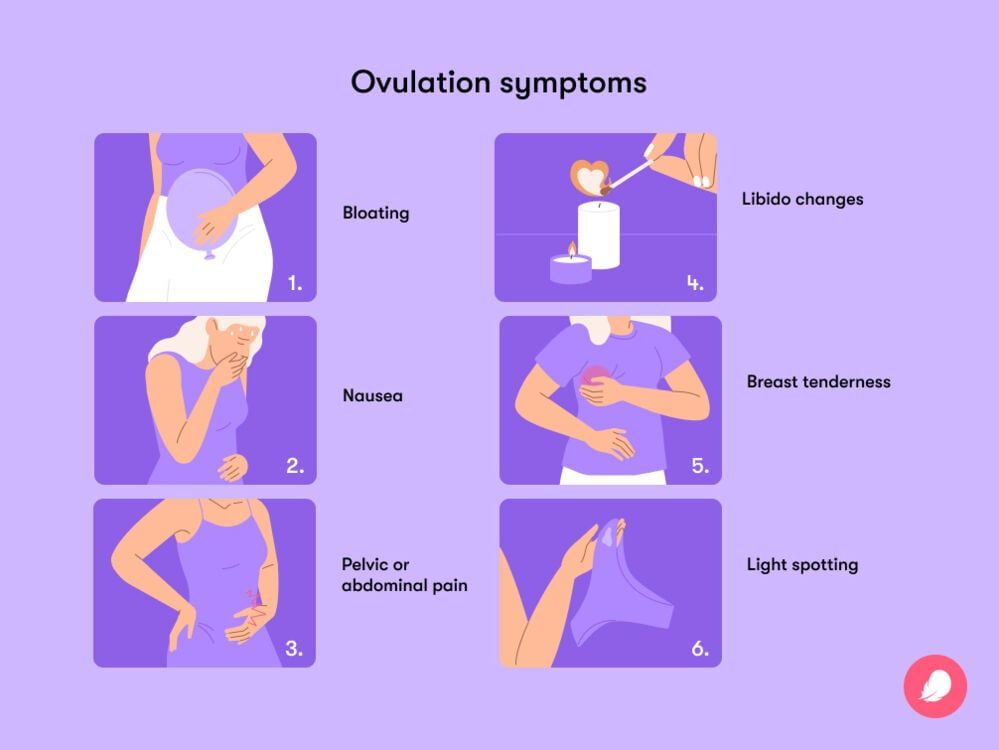Ovulation is a crucial part of a woman’s menstrual cycle. It is the process where an egg is released from the ovary, making it available for fertilization. Ovulation typically occurs in the middle of the menstrual cycle, around day 14 for a woman with a regular 28-day cycle.
Signs of Ovulation
While not all women experience the same signs of ovulation, there are a few common indicators that can help you identify when you are most fertile:
1. Changes in Cervical Mucus
One of the most noticeable signs of ovulation is changes in cervical mucus. During ovulation, cervical mucus becomes clear, slippery, and stretchy, resembling egg whites. This type of cervical mucus helps sperm travel to the egg more easily.
2. Increase in Basal Body Temperature
Basal body temperature (BBT) is your body’s temperature at rest. During ovulation, a woman’s BBT typically rises by about 0.5 to 1 degree Fahrenheit due to an increase in progesterone levels. Tracking your BBT daily can help you determine when you are ovulating.
3. Ovulation Pain
Some women experience ovulation pain, also known as mittelschmerz. This pain is typically felt on one side of the lower abdomen and can be sharp or cramp-like. Ovulation pain is caused by the stretching of the ovarian wall as the egg is released.
4. Increase in Libido
During ovulation, many women experience a surge in libido. This is believed to be nature’s way of increasing the chances of conception by making women more interested in sex when they are most fertile.
5. Changes in Breast Sensitivity
Some women may notice changes in breast sensitivity during ovulation. This can include tenderness, swelling, or heightened sensitivity in the breasts. These changes are due to hormonal fluctuations in the body.
Why Knowing the Signs of Ovulation Is Important
Understanding the signs of ovulation can be beneficial for women who are trying to conceive. By knowing when you are most fertile, you can time intercourse to increase your chances of getting pregnant. Additionally, monitoring your ovulation can also help you detect any irregularities in your menstrual cycle and seek medical advice if needed.
Conclusion
Overall, being aware of the signs of ovulation can help you understand your body better and take control of your reproductive health. Whether you are trying to conceive or simply want to track your menstrual cycle, knowing when you are ovulating can provide valuable insights into your overall well-being.

